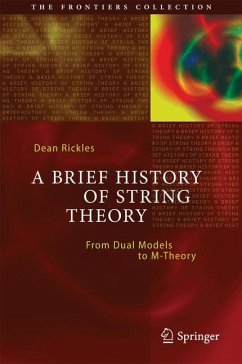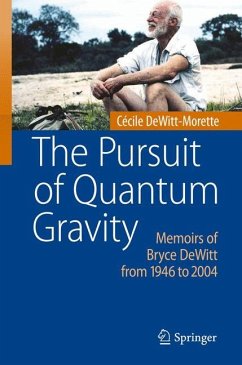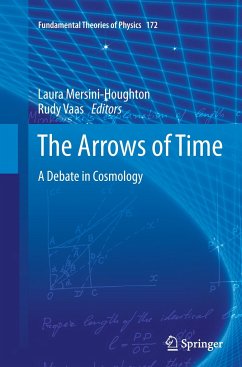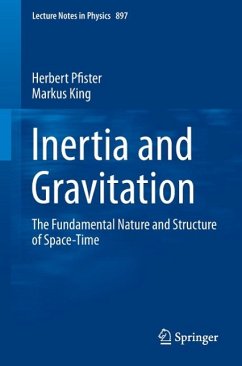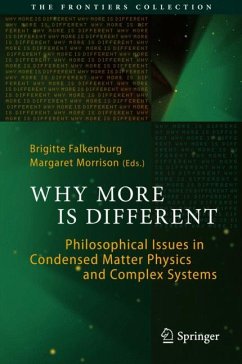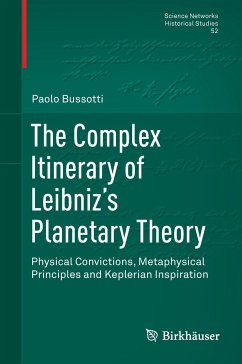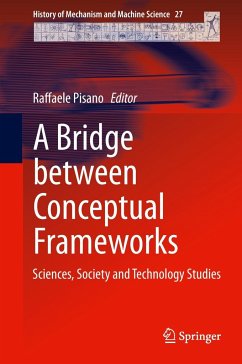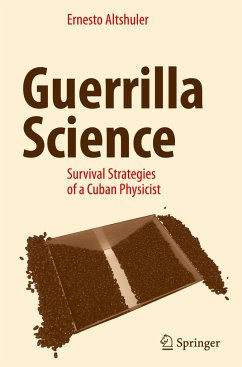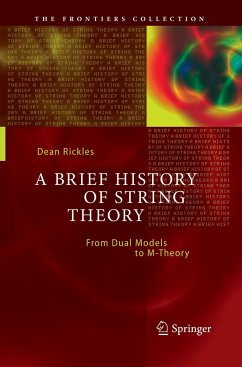
A Brief History of String Theory
From Dual Models to M-Theory
Versandkostenfrei!
Versandfertig in 6-10 Tagen
42,99 €
inkl. MwSt.
Weitere Ausgaben:

PAYBACK Punkte
21 °P sammeln!
During its forty year lifespan, string theory has always had the power to divide, being called both a 'theory of everything' and a 'theory of nothing'. Critics have even questioned whether it qualifies as a scientific theory at all. This book adopts an objective stance, standing back from the question of the truth or falsity of string theory and instead focusing on how it came to be and how it came to occupy its present position in physics. An unexpectedly rich history is revealed, with deep connections to our most well-established physical theories. Fully self-contained and written in a livel...
During its forty year lifespan, string theory has always had the power to divide, being called both a 'theory of everything' and a 'theory of nothing'. Critics have even questioned whether it qualifies as a scientific theory at all. This book adopts an objective stance, standing back from the question of the truth or falsity of string theory and instead focusing on how it came to be and how it came to occupy its present position in physics. An unexpectedly rich history is revealed, with deep connections to our most well-established physical theories. Fully self-contained and written in a lively fashion, the book will appeal to a wide variety of readers from novice to specialist.





